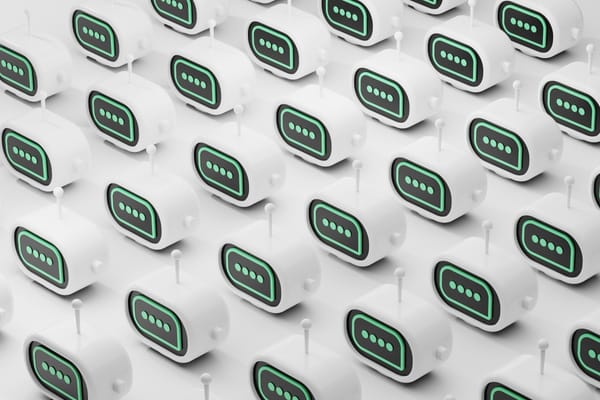AI
2025: The year in LLMs
Simon Willison breaks down what happened in the LLM space in 2025. Some of it has the potential to transform tech forever.
Stochastic parrots, text extruders, extractive business models, and chatbots.

AI
Simon Willison breaks down what happened in the LLM space in 2025. Some of it has the potential to transform tech forever.

Future of News
Personalization is coming to journalism. The question is: who controls it?
AI
"President Donald Trump signed an executive order on Thursday intended to limit state regulation of artificial intelligence." At the same time, states are watering theirs down.
AI
"The question isn’t whether the current AI investment cycle will face a reckoning. It’s what form that reckoning takes — and what comes after."
AI
AI at scale isn't scaling.
AI
"Obviously, any campaign that used only that AI-generated data would miss the mark — instead of looking at the views of real respondents, it would be looking at a funhouse mirror reflection of a demographic cooked up by a language model with no access to actual data."

AI
How to think about vendors, technology, and power
AI
The Trump administration is using AI as a way to shill fossil fuels. But even for tech companies that don't care about climate change, renewables are a far better option.
AI
OpenAI claims a significant result: gold-level performance International Mathematical Olympiad. But they're scant on details and it needs to be independently verified.
AI
"I do not have the time or emotional energy to screen out regular attacks by Large Language Models, with the knowledge that making the wrong decision costs a real human being their connection to a niche community."
AI
As more people look to AI to learn about the world, the people who control how it's trained and how it responds will control our prevailing narratives. That's wildly dangerous.

AI
The case for moving AI down the stack